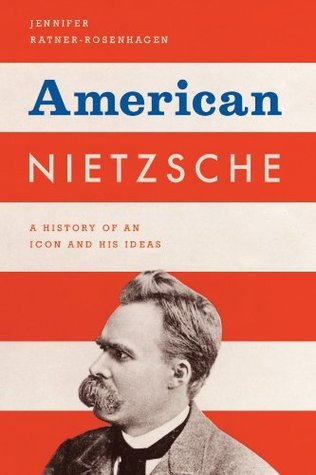Though the main figures of this study were Dewey, Heidegger, and Wittgenstein, Rorty enlisted Nietzsche and James as fellow antirepresentationalists, who shared the criticism of the Kantian notion of “‘grounding,’” “culture,” and “knowledge-claims.” Rorty found in all these thinkers allies in his campaign to demonstrate that knowledge is nothing more and nothing less than a “social practice,” and any effort to prove the contrary simply persisted in the illusion that we are discovering when we are really creating, knowing when we are simply putting ideas to work, copying a transcript of the
...more
Welcome back. Just a moment while we sign you in to your Goodreads account.


